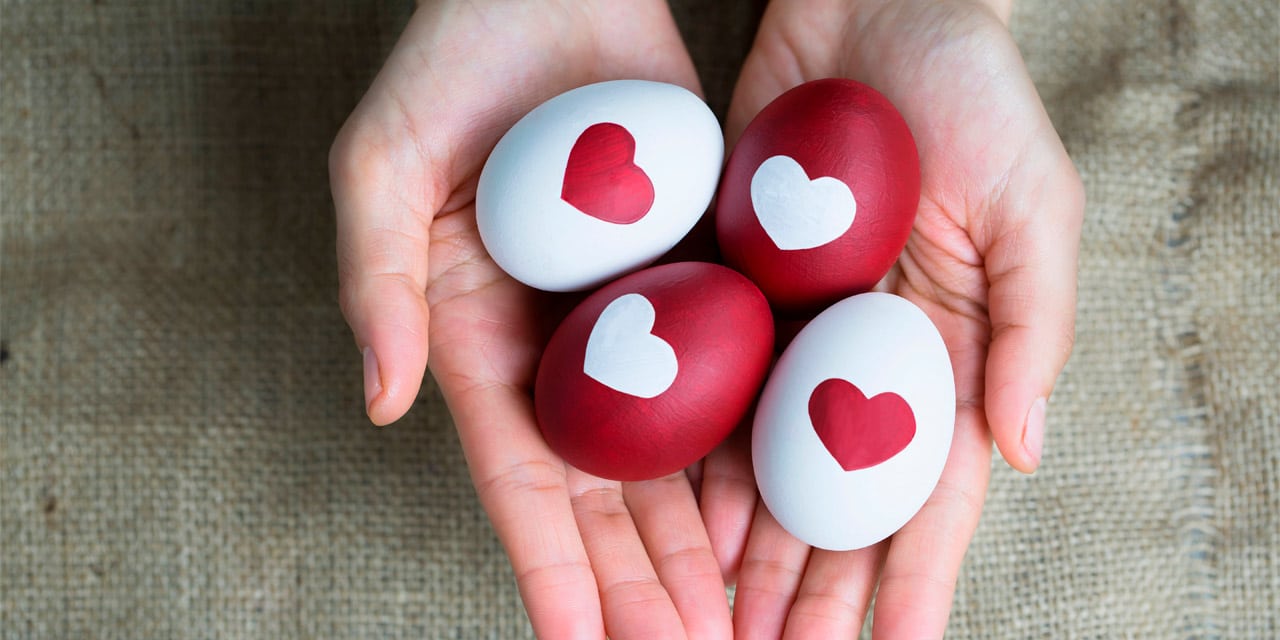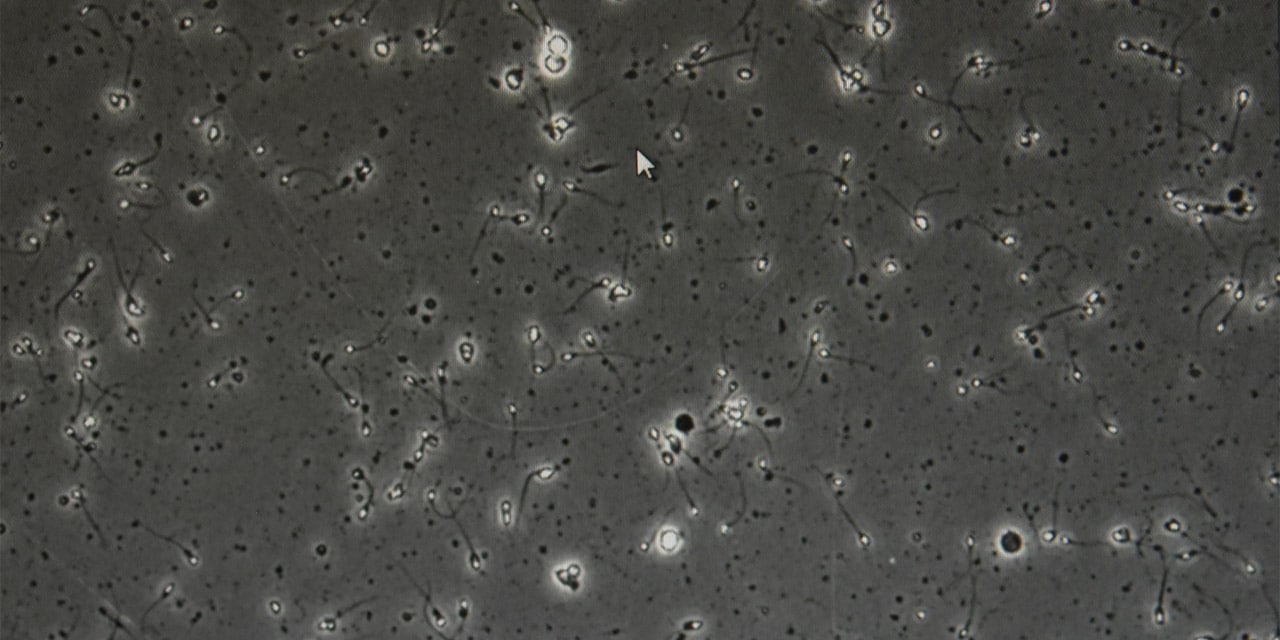If you have undergone a fertility treatment – or are currently undergoing one – you probably know that having multiple embryos can increase the chances of achieving a pregnancy. Therefore, having more than one embryo available is usually good news.
However, the results of the treatment are not always predictable: you may conceive on the first cycle, you may need more than one or, in some cases, you may not achieve your desired goal.
When the process ends – whether because you have had the number of children you wished for, have decided not to continue with further cycles, or your personal circumstances have changed – you may have frozen embryos that you are not going to use. This raises an important question: what should you do with the remaining embryos.
Three legal options
Under Spanish law, there are three possible outcomes for embryos not used in fertility treatments:
· Donate them to other women or couples for reproductive purposes.
· Donate them for scientific research, thereby contributing to medical progress.
· Discontinue their preservation, resulting in their disposal.
A difficult decision
Making this decision can be challenging, as it often involves ethical and emotional considerations. Sandra García Lumbreras, head of the Psychology Unit at Dexeus Mujer, notes that this process can have a significant psychological impact: ‘It’s common to feel conflicted or uncertain about what to do. Many women experience the same feelings. That’s why I advise them to give themselves time to make the decision.’
The emotional bond with embryos can be strong, and saying goodbye to them may be a grieving process for some women. This grief may be for ‘the future child who will never come’ or ‘the future sibling who will not be born’ if they already have children. Although it is not possible to say goodbye to them physically, the emotional process of acceptance may require time, reflection and support. Furthermore, the process can lead to conflict between what we think we should do and what we truly feel, adding complexity to the decision.
Dealing with grief
Whatever your decision, it is natural to feel sadness or uncertainty. Here are some ways to work through this grief:
· Write a farewell letter.
· Perform a small symbolic ritual.
· Seek support from your partner, family or a professional.
‘Ask yourself: “What would help me feel better?” and do it. Expressing your emotions helps you avoid bottling up your unease or guilt and makes it easier to get through this time’, explains Sandra García Lumbreras.
Give yourself time
Thanks to vitrification techniques, embryos can remain frozen for many years. This gives you plenty of time to make your decision calmly and without pressure. It is important to stay in touch with the fertility centre to confirm at regular intervals whether you wish to continue preserving the embryos and bear the corresponding costs. If the fertility centre cannot contact you, after two registered letters have gone unanswered, the embryos will become the property of the fertility centre, in accordance with current legislation.
A rarely discussed topic
This remains a difficult subject for many to discuss, as was the case with miscarriage a few years ago. Although the situations are not comparable, both can cause feelings of loss, sadness or guilt that should be acknowledged and dealt with empathetically.
If you are going through this process, ensure you are well-informed, give yourself time and seek professional support if needed. Making conscious and informed choices will make the experience much more positive.


